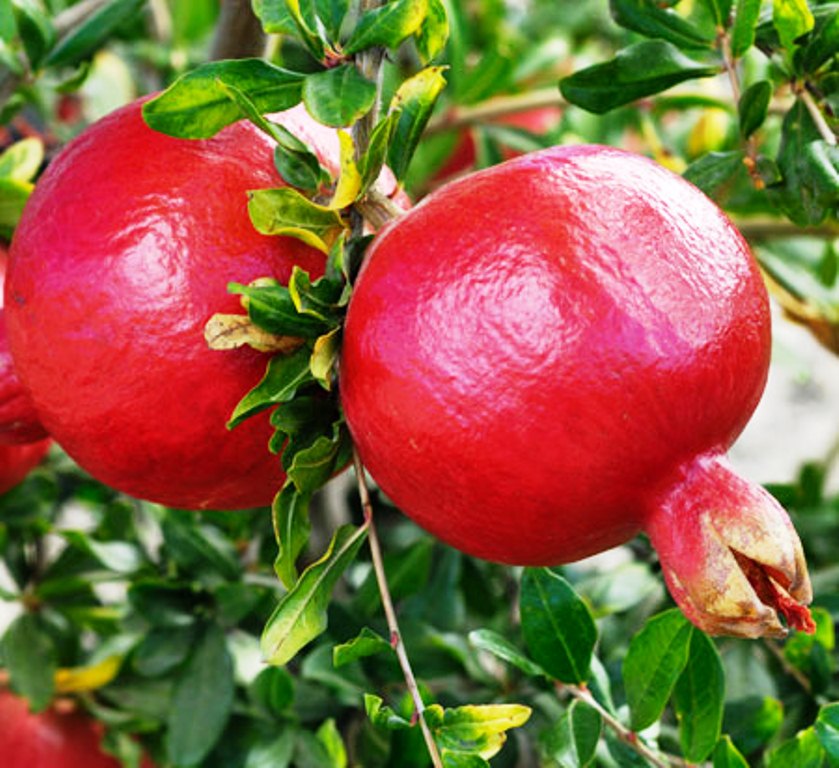8.11.2015

Pomegranate is a multi-grain fruit from the henna family called Punica granatum. Growing in temperate climates, pomegranate is drought resistant and can be grown at an altitude of up to one thousand meters in the Mediterranean region and is resistant to -10 degrees Celsius. The pomegranate, thought to have first appeared in Iran, has been cultivated in the Mediterranean for several thousand years. In our country, pomegranate production is mostly carried out in the Aegean Mediterranean and Southeastern Anatolia Regions. It is said that the town of Side in Antalya and the city of Granada in Spain are named after the pomegranate. Pomegranate contains plenty of vitamin C, polyphenol, iron, potassium and strengthens the immune system. In addition, pomegranate, which balances cholesterol and sugar, prevents the development of cancer cells and helps protect heart health. A glass of pomegranate juice, which contains rich potassium as well as vitamins C, B1 and B2, meets 25% of our daily need for vitamin C.